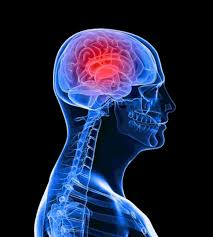记忆方法
将“physiology”分解为“physio-”和“-ology”,其中“physio-”暗示与身体有关,“-ology”表示学科或研究。记忆方法可以是:想象一位“身体”学家在“研究”人体结构或功能,从而形成“生理学”这个概念。
以上内容由AI生成, 仅供参考和借鉴
中文词源
physiology 生理学
physo-,身体,生理,-logy,学说。
英语词源
- physiology (n.)
- 1560s, "study and description of natural objects," from Middle French physiologie or directly from Latin physiologia "natural science, study of nature," from Greek physiologia "natural science, inquiry into nature," from physio- "nature" (see physio-) + logia "study" (see -logy). Meaning "science of the normal function of living things" is attested from 1610s. Related: Physiologic; physiologist.
权威例句
- 1. The medicine chemically affects your physiology.
- 这种药会通过化学作用影响生理机能。
- 2. the department of anatomy and physiology
- 解剖生理学系
- 3. His new contribution to the advancement of physiology was well appreciated.
- 他对生理学发展的新贡献获得高度赞赏.
- 4. He was awarded the Nobel Prize for achievements in physiology.
- 他因生理学方面的建树而被授予诺贝尔奖.
- 5. Physiology and anatomy are basic to medical science.
- 生理学和解剖学是医学的基础.
